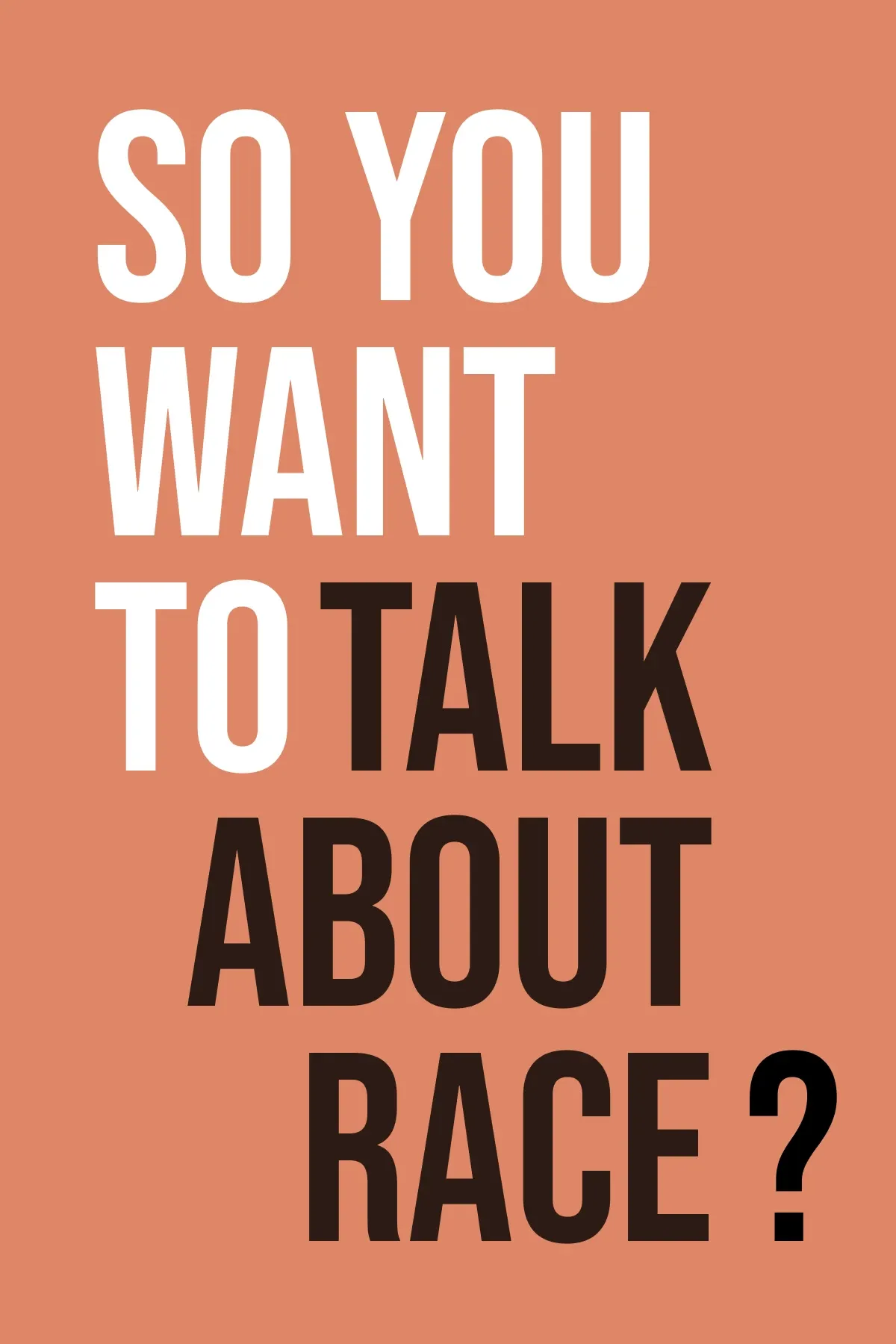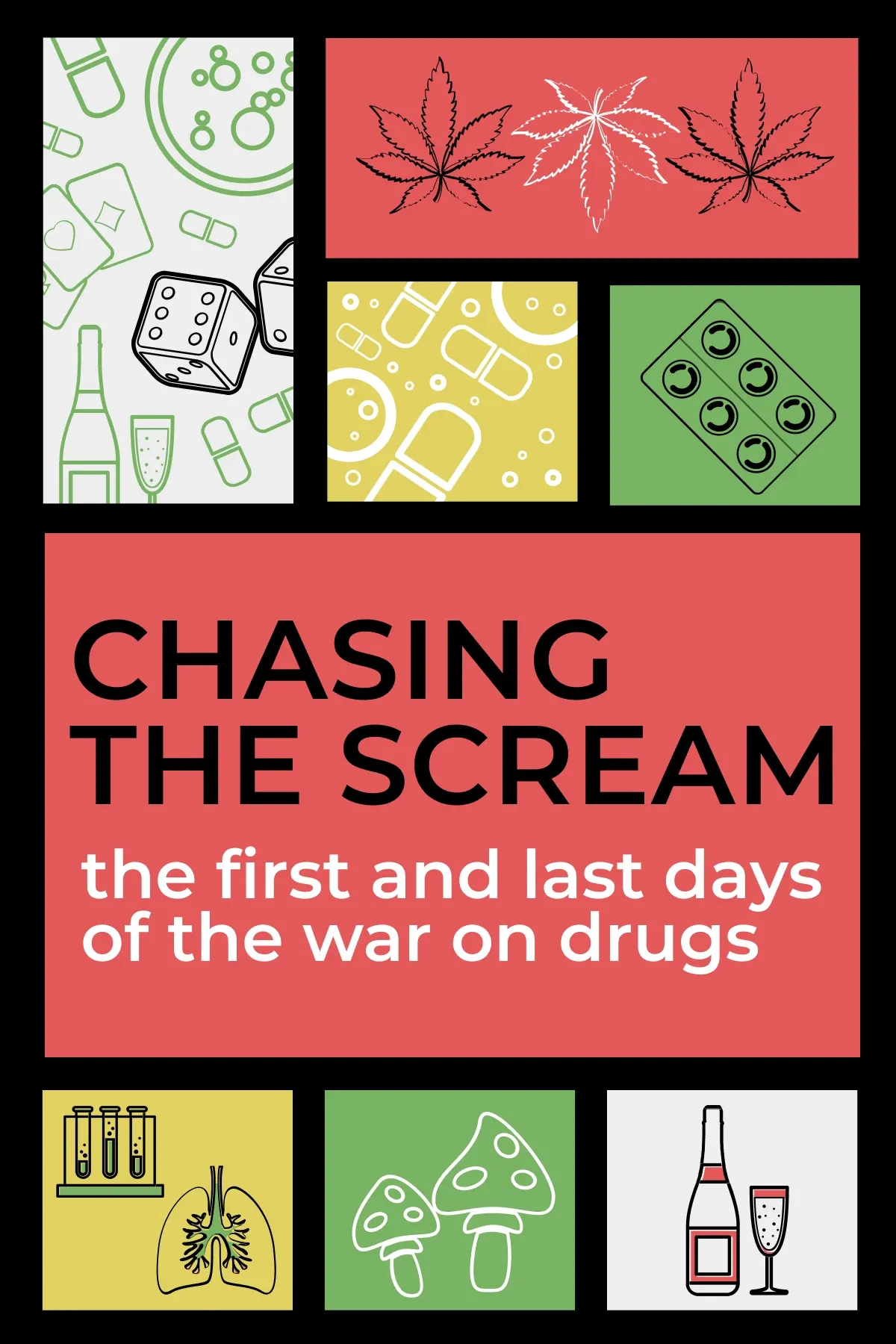
A History of the World in 6 Glasses
Brief Summary
Human history is immense and multifaceted, yet Tom Standage has managed to fit it into just six glasses. Not literally, of course! In his book “A History of the World in 6 Glasses”, he explains how different drinks, from beer to Coca-Cola, have transformed societies, influenced revolutions, and even defined global identities.
Key points
Key idea 1 of 7
Though it might seem like beer is a recent invention, it ranks among the oldest beverages, second only to water. Beer originated around 10,000 BC in the region of the Middle East called the Fertile Crescent. One day, its inhabitants made an intriguing discovery while preparing their food. The porridge made from damp grains that had been left out for a few days started to change. Once mundane, it turned fizzy and developed a delightful, mildly intoxicating flavor. What caused this?
This transformation happens when grains get wet. Because of the moisture, grains produce an enzyme that turns starch into maltose sugar. When left alone for a few days, thanks to wild yeasts from the air, the sugar in the porridge ferments into alcohol. Thus, the porridge becomes beer. The story of the Fertile Crescent residents makes us realize that the beer invention was not the result of precise planning and experimentation but of the ordinary will of chance.
With time, people relied more on grain-based foods, such as bread and beer, which led to the need for a constant grain source. They also realized they could store grains for months or even years, contributing to the invention of agriculture. People were excited by the discovery of beer and tried different ways to change its taste and strength. Consequently, various kinds of beer were invented, and the beverage became popular in that region.
In the earliest societies of Mesopotamia and Egypt, approximately 3000 BC, beer held great significance and was believed to be a divine gift. According to the myths, the gods created beer and then taught humans how to brew it. Everyone, regardless of social status, age, or gender, drank this beverage. It was common for friends to share a beer from a single jar using reed straws as a symbol of friendship. Egyptians and Mesopotamians viewed beer drinkers as civilized and saw those who abstained as barbaric and uncultured. Beer also played a central role in religious rituals and sacrifices.
Early records give us many insights about beer. In fact, the oldest recipes and earliest mentions of alcohol are all about beer. Among the names for beer found in ancient Egyptian writings are some with names like "the joy-bringer," "the heavenly," "the beautiful and good," and "the perfect meal companion." These names resemble contemporary advertising slogans, don't they?
FAQ
You may also like these summaries











